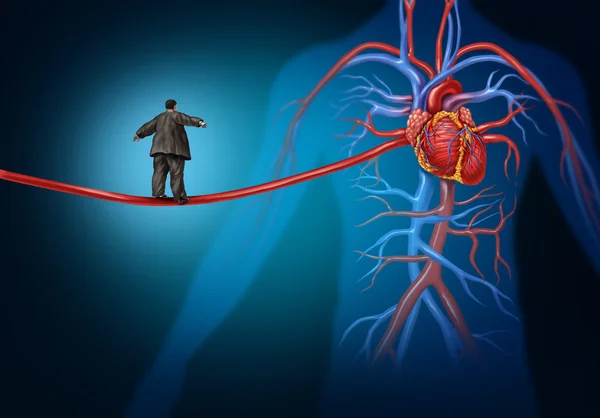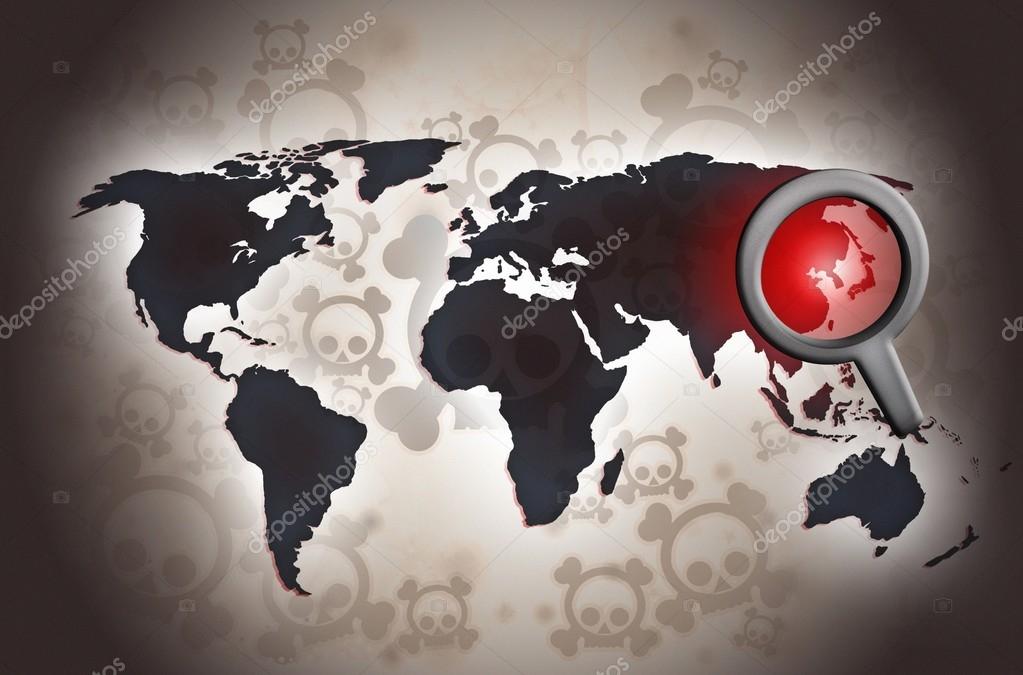
The Director of Catholic Culture and the Theology Institute has some strong words for the readers of the Catholic Times in his column The Theological Hall.
Is it a time to lose hope in the future? Is it as gloomy as it seems? He doesn't often hear stories that predict the future with optimism. Humanity always seems to define its era as an era of crisis. Since man is an animal of adaptation, he may be able to overcome any crisis situation. However, the pessimistic outlook of this era is not a mere end-of-the-century phenomenon. It is based on the symptoms in society as a whole, along with the crisis caused by ecological and climatic changes.
How do we endure the era when hope that the world will be better has disappeared? Is there anything we can do to enjoy the present? An attitude of seeking simple happiness in the present rather than feeling frustrated thinking about the bleak future? People have a vague premonition of future crises and catastrophes but do little to prepare or respond.
People do not always act according to what they know. The French philosopher Jean-Pierre Dupuy has a sad diagnosis. “There is a peculiar characteristic of the era ahead of catastrophe, which is predicted to come, but whose exact date is unknown. Even if people know that a worrisome event is about to happen, and consider that it will happen as a fait accompli or a quasi-established fact, they do not turn their knowledge of catastrophe into belief. I know, but I do not believe everything.” (“Catastrophe or Life?”)
It is important to dispassionately diagnose reality and foresee the future. The reason why today's churches are gradually losing vitality is due to a combination of internal and external factors. The direction of the world is gradually moving people away from the traditional way of religious life. The Church, too, fails to present itself attractively in the world. The church should be able to read the signs of the times and provide a healthy way of practicing the faith. There are times, however, when we have to confront the direction of the world for the sake of faith and the value of the gospel.
The Korean Catholic Church peaked in the 1990s. Although the number of believers is not decreasing, the absence of youth and the younger generations and the increase of aging believers is great. The rate of active participation in the religious life of the parish is also significantly decreasing. The role of the parish is gradually reduced to a place where only the liturgy is celebrated.
All statistical indicators in the church prevent us from being optimistic about the future. If the current generation participating in church activities disappears, will a new generation flow into the church? It is not difficult to see that the church is in crisis, not only by statistical indicators but also by looking honestly at the reality of the parish. It is clearly a church in crisis. However, it is difficult to find talk of a crisis in the church. Of course, if you look at the history of the church, the church has faced many crises, but it has carried out its mission of evangelization while maintaining its identity. Ultimately, the church is cared for and led by the Holy Spirit. However, the activities of the Holy Spirit always include the efforts of devoted believers, the pioneering practices of outstanding saints, and the wisdom of the magisterium that reads the times. Failure to read the world accurately and lack of effort for self-renewal darken the future of the church.
People still have an interest in transcendent and spiritual longing. Depending on the era, the appearance and practice of religion change, and the way of practicing the faith may change. In fact, paradoxically in the age of secularization, the role and function of religion in society are emphasized and requested more. In an era where all ideologies begin to disappear, religion is the biggest driving force that can move people.
Religious devotion becomes a medium of communal solidarity and connection and will still operate as a powerful force in today's world. In today's fragmented world, the church must be able to present an alternative community image and communal vision.
Future generations (MZ generation and Alpha generation) are generations with strong self-centeredness and individuality. They are not familiar with the vertical hierarchy of groups and communities and the virtue of self-sacrifice. In a relationship with others, it emphasizes purpose and effectiveness rather than emotional sympathy. The pandemic exposed the hidden inner thoughts of religious behavior and accelerated change. The fluidity of believers was further strengthened. In individualized and isolated societies, people demand minimal communal relationships. We pursue loose network solidarity and intimacy rather than dense and tight relationships.
How will the church carry out its mission in the changing environment? The hierarchical structure centered on the clergy is no longer considered attractive and well-accepted by society. The framework of church life must be changed in such a way that the autonomous and active participation of individual believers can be guaranteed. In the realm of pastoral care, the virtues and values of territorialism are abundant, but now the method of personalism also needs to find its place. This means that changes in small communities, districts, and class meetings are required to revitalize the parish. Fundamental changes are needed in the Church's mission and pastoral style.
Role of public discourse The future of existing pastoral care is uncertain. Most church members demand that the church change. At the individual level, everyone worries about the future of the church. However, there is no public discourse on crisis and renewal within the church. Although ‘pastoral conversion’ and ‘synodalitas’ are being proposed as topics, in the reality of the church, those propositions are consumed like passing slogans.
Could it be that the older generation of the church is satisfied with the current way of life of faith and is negligent and lazy in looking to the future? The older generation should prepare for the future generation and prepare a place for them to live as the leading figures of the church. However, is it not the older generation still monopolizing authority? It is often found that young priests who will live with future generations are having a hard time because they do not have authority and a role in the hierarchical structure. It's a sad reality.
He hopes that the discourse of change and renewal towards the future will be actively developed in the church. Even if a specific solution is not presented, efforts and practices toward the future must be made through the formation of public discourse, and dialogue. The appearance of concern and effort itself is a sign of change and renewal. The church of this era must create new ways and substructures of religious life through the reinterpretation of tradition. He hopes to find the study and efforts to discover new ideas and an accurate reading of the signs of the times within the church. What the church of today desperately needs is not despair and lament, but study and search.





